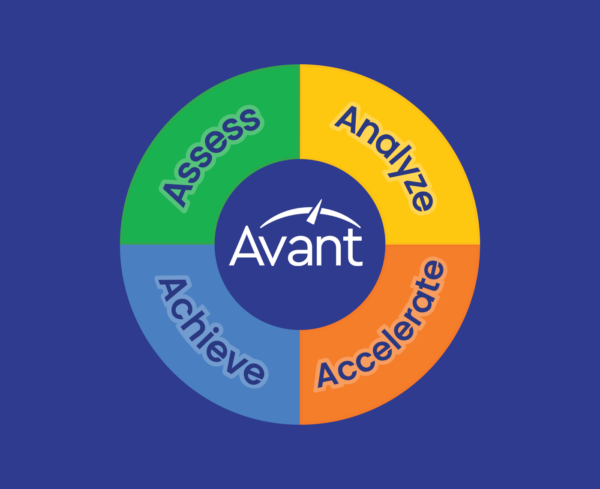How can measuring language proficiency be the key to unlocking life-changing opportunities?
In the ever-evolving landscape of education, equity has increasingly become a focal point for reform. A recent episode of the “It’s All About Language Podcast” featuring Dr. Michele Anciaux Aoki and Dr. Veronica Trapani-Huebner has reinvigorated the discussion on how best to level the playing field for heritage learners. These educators have made significant strides in Washington State, offering us insight into effective strategies for increasing equity. One compelling approach is the combination of competency-based credits and Seals of Biliteracy, which leverage proficiency assessment to aid in this endeavor.
What are Competency-Based Credits?
Traditional models of education typically focus on time spent in the classroom, rather than the mastery of skills. Competency-based credits turn this idea on its head, allowing students to earn credits based on their demonstrated proficiency in a subject matter. For language learners, this means the ability to prove their proficiency through assessments and applied practice, rather than the mere completion of courses.
Seals of Biliteracy: More Than Just an Academic Accolade
The Seal of Biliteracy isn’t just an academic credential; it’s a valuable life skill that provides a leg-up in the increasingly globalized world. State Seals of Biliteracy are generally conferred upon high school graduates and the Global Seal of Biliteracy takes it a step further. Available to all language learners, regardless of age or educational level, the Global Seal offers an internationally recognized validation of bilingual proficiency. In most cases, high school students are eligible for both.
Assessing language skills with Avant STAMP ensures that both these accolades are backed by accurate, consistent, and equitable metrics, making them highly regarded by educational institutions and employers alike.
Unlocking a World of Opportunities
Bilingual individuals have a significant edge in various facets of life. Here’s how:
Career Advantages: Bilingualism is highly valued in the job market. Fields like international relations, healthcare, and customer service often seek bilingual candidates, sometimes offering premium salaries.
Cultural Capital: Being bilingual enriches cultural understanding and allows individuals to interact authentically within diverse communities. This cultural capital goes beyond simple communication—it fosters deeper relationships and builds bridges between communities.
Identity and Self-Esteem: For heritage language learners, bilingualism often serves as a vital link to cultural heritage and family history. The validation of their language skills can significantly bolster self-esteem and a sense of belonging.
Amplifying Equity Through Combined Strategies
By incorporating competency-based credits, State and Global Seals of Biliteracy, and Avant STAMP assessments, we create a robust framework for recognizing and celebrating linguistic diversity and skill. This approach is not just about academic credits or job opportunities; it’s about enriching lives and empowering individuals through language.
Here’s why this combination is so potent:
Acknowledges Diverse Learning Paths: Not every student has equal access to advanced language courses. Competency-based credits allow students to earn recognition based on merit rather than course availability.
Enhances Cultural Capital: The Seal of Biliteracy places value on bilingualism, acknowledging it as a skill valuable for global citizenship.
Data-Driven Decision Making: Avant STAMP’s detailed analytics can inform tailored educational paths. When partnered with Avant MORE Learning’s coaching on leveraging this data, educators can ensure each student’s unique needs are recognized and met.





